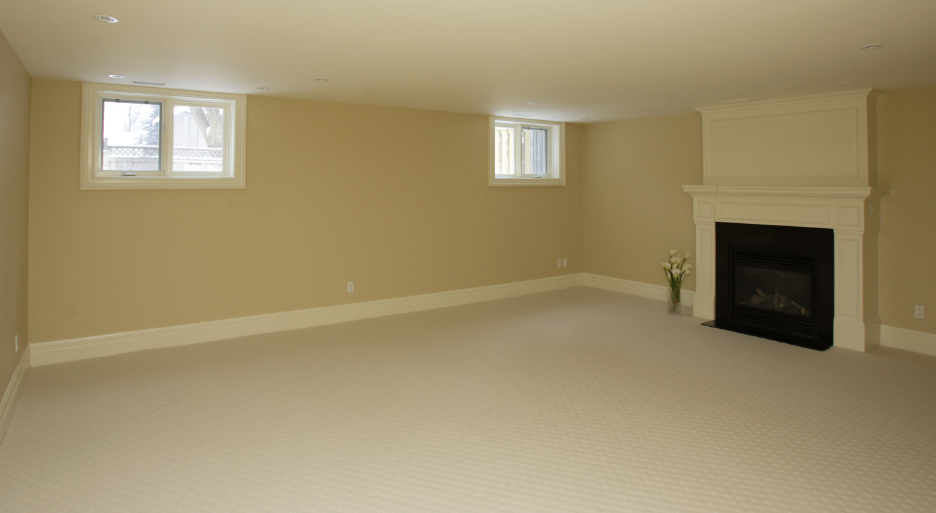Having a flooded or wet basement in Victoria is more than just an inconvenience; it can also be a source of health hazard. Even after the removal of water and the basement has been dried mold can still grow. If you do experience a flooded basement, drying it immediately is very important, and special care must be observed in completely drying the floor and drywalls. To avoid such problems, you can always opt for basement waterproofing.

Below are 10 helpful basement waterproofing tips.
Check the downspouts.
Make sure that your gutters are clean and your downspouts are eliminating the water with a distance of at least 5 feet away from the foundation of your home. And make sure that plants are 12 inches away from the foundation.
Use sealants.
Sealants can use to seal off cracks and prevent further moisture and leaks from getting int. Most of these sealants come with a multi-year warranty.
Slope it.
Even if you have amazing gutters, rain and moisture can still seep into your basement through the surface. To make sure that water doesn’t pool against the foundation of your walls and getting into your basement, ensure that the area around your property should be sloped down, which includes patios, driveways, grass and landscaping.
Clean rain gutters.
During spring, make sure to clean your gutters and place gutter guards to stop the build-up of leaves and other debris.
Drain it.
If moisture problems in your basement come from the construction of your home, you may have to quickly remedy it. You can install a perimeter drainage system all around your basement to drain water that’s coming in. This system will help keep your basement dry by leading water into a sump pump and out of your house.
Repair or seal basement windows.
Broken basement windows and poorly sealed windows can be the way for water and moisture to get inside your basement. So repair these broken windows. Properly sealing windows is another way to stop water from getting inside through the windows.
Check your sprinkler system.
Making sure the sprinkler systems don’t spray water on your house is another vital step for homeowners. Though this doesn’t cause a leak, it will aggravate the situation.
Seal service holes.
In most houses, the foundation has openings or holes for gas, laundry exhaust, air conditioning, electrical wire or pipes. So make sure that these holes or openings are properly sealed.
Assess cracks on foundation walls.
Cracks in foundation walls can be a source for water to get inside your basement. Make sure to seal these cracks using an epoxy or a sealer. If foundation cracks reappear, there could be a bigger problem like water pressure build up around the foundation.
Prevent condensation.
Condensation may happen in your basement, so make sure to place a dehumidifier for hot seasons and heat for cold seasons. Cold-water pipe insulation is also helpful in preventing condensation in basements.
If none of these tips work, you can always contact a drainage contractor like Wet Coast Drainage Solutions.